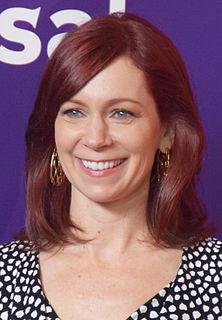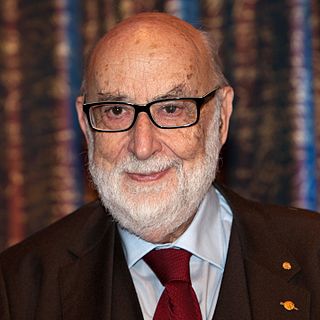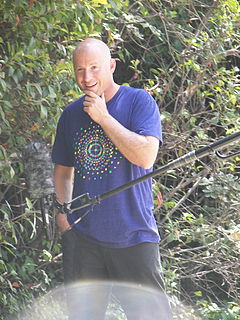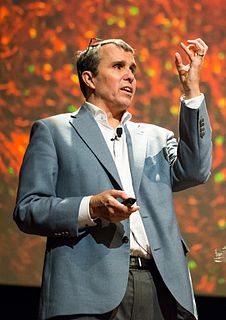A Quote by Geoffrey West
Cities are just a physical manifestation of your interactions, our interactions, and the clustering and grouping of individuals.
Quote Topics
Related Quotes
For example, most mammals are either monogamous or polygamous. But as every poet or divorce attorney will tell you, humans are confused - After all, we have monogamy, polygamy, polyandry, celibacy, and so on. In terms of the most unique thing we do socially, my vote goes to something we invented alongside cities - we have lots of anonymous interactions and interactions with strangers. That has shaped us enormously.
In 1956, when I began doing theoretical physics, the study of elementary particles was like a patchwork quilt. Electrodynamics, weak interactions, and strong interactions were clearly separate disciplines, separately taught and separately studied. There was no coherent theory that described them all.
My view of ethics and of its priority is connected to my view that we are fundamentally relational beings - both the product of human interactions, as well as committed as part of the expression of our own humanity to various social involvements. I see ethics as having two places in the maintenance of these relational activities - first as providing the basic coinage of our interactions qua humans and second as mediating the various roles we assume as humans.




































